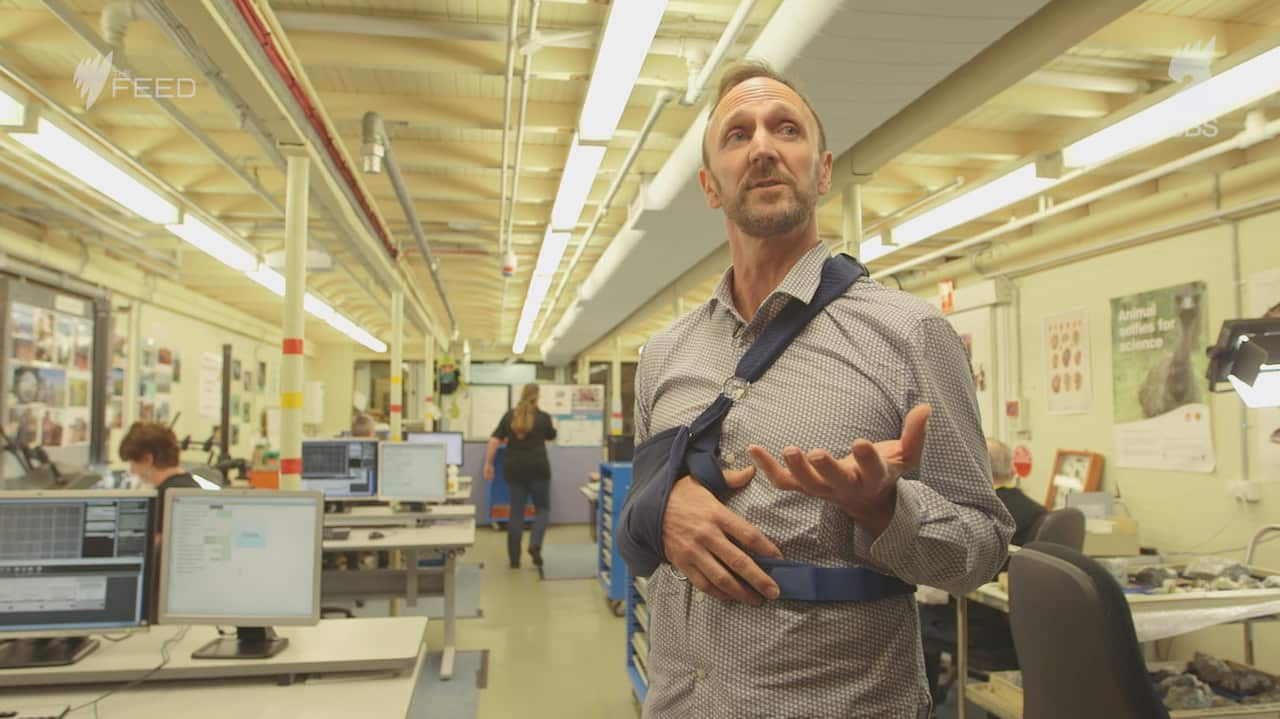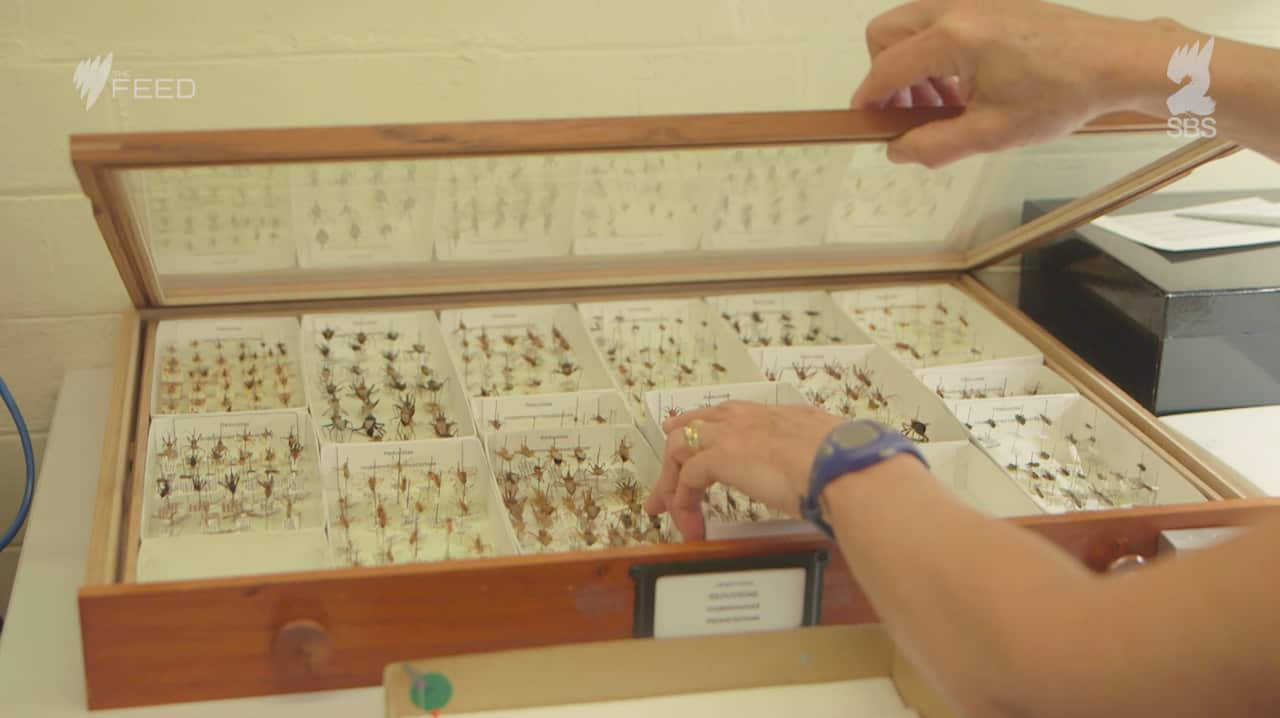The advent of the internet, social media and mobile devices has seen the democratisation of many professions previously the domain of only those with suitable training and credentials. Science has been no exception, witnessed by the rise of the citizen scientist and the practice of citizen science.
Yet the involvement of the enthusiastic and highly motivated individual in science, particularly through natural history museums, is not a new phenomenon. The Australian Museum (AM) has been engaging volunteers in science for decades, yet the term citizen science has only received broad recognition in recent years, a response to the growing numbers of people looking for ways to contribute meaningfully to things they care about.
In the 1960s, AM Entomologist Courtenay Smithers was working with citizens to understand the distribution of butterflies on hilltops around Sydney. In the 1990s the Birds in Backyards program was started by the AM’s bird researcher Richard Major, who continues to be active and innovative in the citizen science space with projects that engage the citizen scientist, such as Hollows for Homes and Cockatoo Wingtags which are both highly engaging programs rooted solidly in answering meaningful research questions.

In 2011 the AM and the Atlas of Living Australia (ALA) joined forces to create DigiVol, the world’s first citizen science website for scientific data capture as part of virtual expeditions into the collections of museums across the globe. DigiVol has been a pioneer in this area, currently being used by more than 25 institutions internationally and inspiring similar initiatives around the world, most notably the Smithsonian’s Transcription Centre. DigiVol has hosted more than 700 citizen science projects, capturing almost 400,000 specimen records and field note pages from more than 20 countries around the world.
Natural history museums are such a natural fit for playing a leading role in the rapidly developing citizen science movement. They are scientific institutions, they carry out research, collect and manage large collections of scientific specimens and associated data, their missions have education and engagement as a core goal and they are in the process of renewal and re-imagining that is crucial to their survival as public institutions.

In 2015 the AM created the Australian Museum Centre for Citizen Science to oversee and coordinate its efforts in citizen science. The AM established the Centre after it identified the role museums need to play as the logical leaders of the citizen science movement. To further demonstrate its intentions and commitment to the cause, the AM volunteered to host the newly created national body, the Australian Citizen Science Association (ACSA) which is building capacity for citizen science across the country. ACSA has had a busy first year establishing strategies, working with the ALA to build a citizen science project finder and initiating the inaugural Australian Museum Eureka Prize for citizen science.
The AM promotes a diverse approach to citizen science practice offering a range of projects that enable people to engage as citizen scientists across a swathe of activities. Whether it be getting your feet and hands wet and dirty in forests, streams and wetlands through projects like Streamwatch and FeatherMap (a collaboration between the Australian Nuclear Science and Technology Organisation) or taking part in a virtual expedition in your pyjamas from the comfort of your home through online projects such as DigiVol or Wildlife Spotter(a collaboration with the ABC in which users can identify animals caught in the frame of camera traps in the wild) the AM has a passion to cater to anyone wanting to make a difference through citizen science.
Tune in to #TheFeedSBS at 7.30pm Monday - Friday on SBS 2, stream live, or follow us on Facebook, Twitter, Instagram,Tumblr, or Vine.
Through award winning storytelling, The Feed continues to break new ground with its compelling mix of current affairs, comedy, profiles and investigations. See Different. Know Better. Laugh Harder. Read more about The Feed
Have a story or comment? Contact Us

